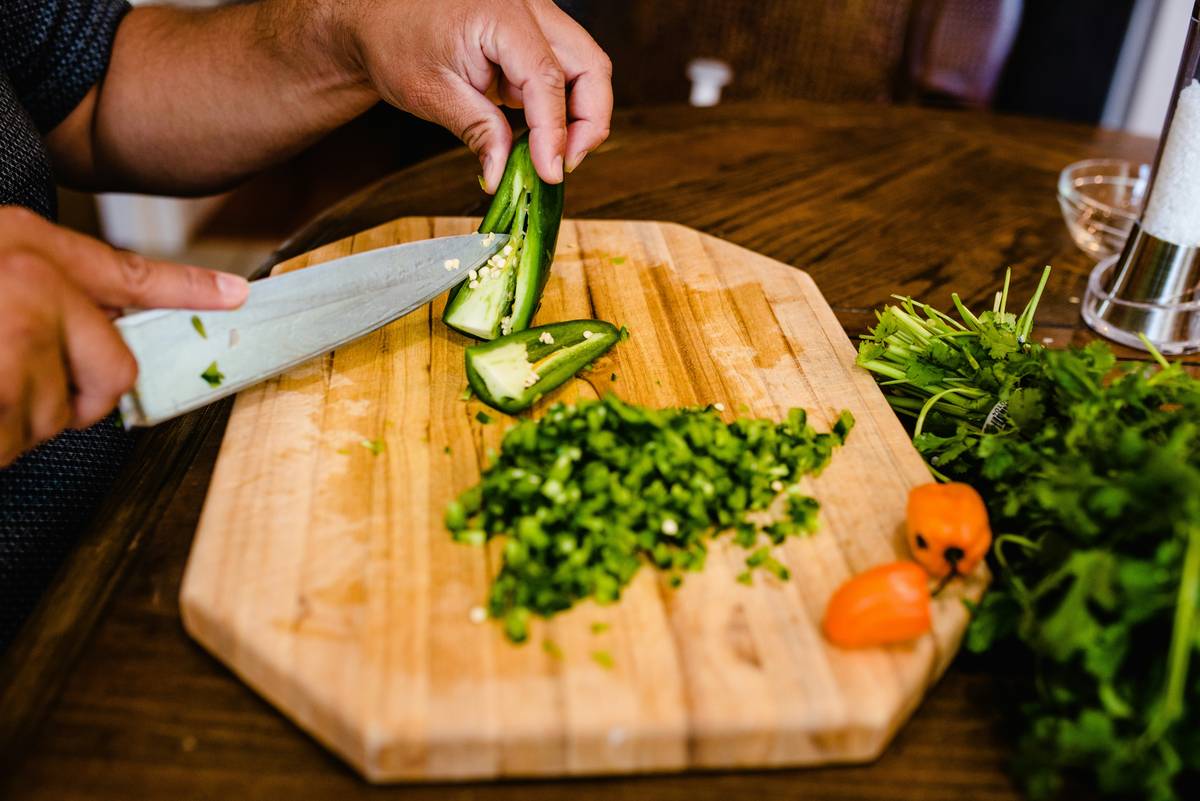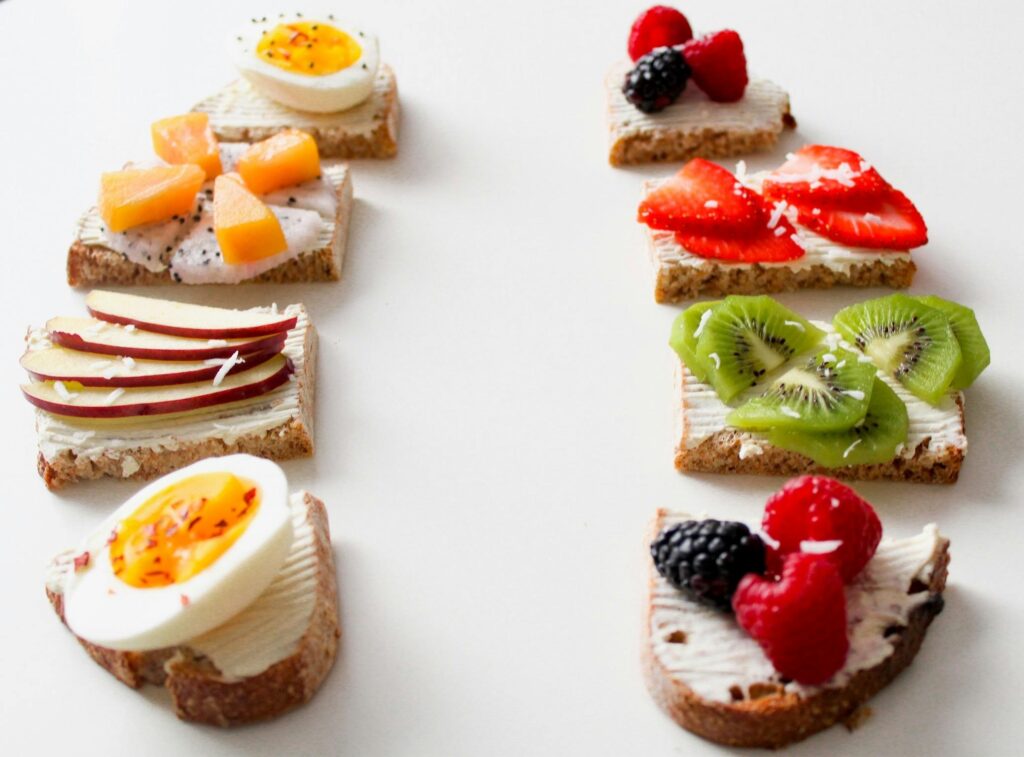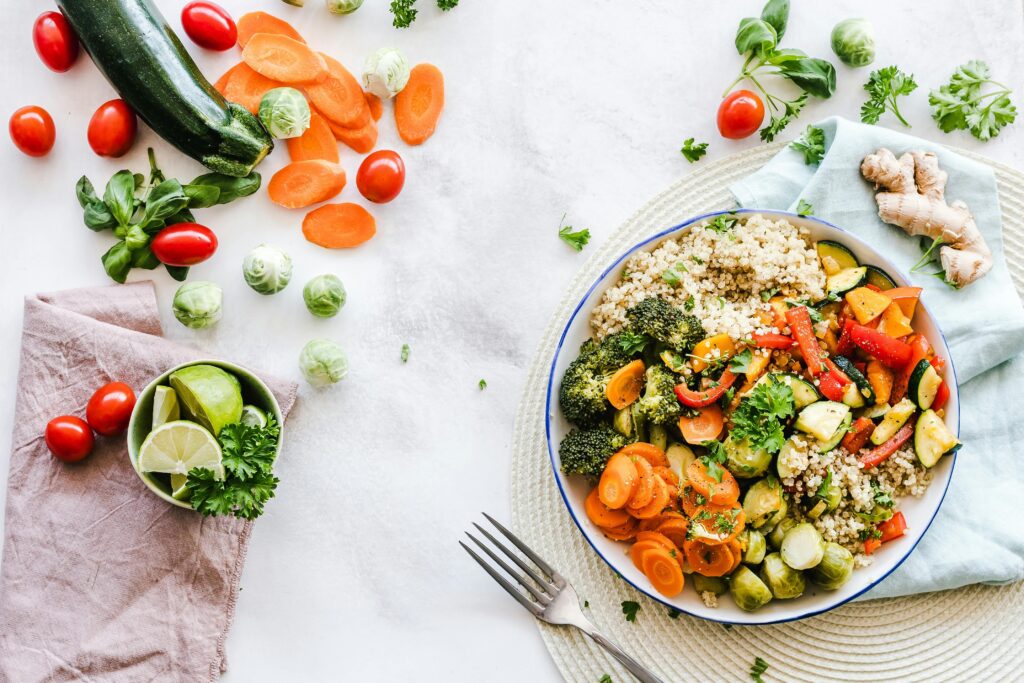Ever stared blankly at a pile of fresh organic veggies, wondering how they could possibly make your skin glow? Yeah, us too.
By the end of this post, you’ll know exactly how healthy vegetable cooking can transform not just your plate but also your skincare game. Buckle up—we’re diving into why nutrient-packed meals are as critical for your complexion as those pricey serums!
Table of Contents
- Introduction: Why Healthy Vegetable Cooking Matters
- The Problem: Skincare Starts in the Kitchen
- Step-by-Step Guide to Healthy Vegetable Cooking
- Pro Tips for Mastering Organic Veggies
- Case Study: From Dull Skin to Radiance Through Cooking
- FAQs About Healthy Vegetable Cooking
- Conclusion
Key Takeaways
- Healthy vegetable cooking enhances both diet and skin health.
- Simple preparation methods preserve nutrients better than over-processing.
- Nutrient-dense ingredients like spinach, sweet potatoes, and carrots support radiant skin.
- You don’t need fancy equipment—just some creativity and basic kitchen tools.
The Problem: Skincare Starts in the Kitchen
“I once slathered on every organic face mask I could find, thinking it would fix my dull skin. Spoiler alert: It didn’t work unless I paired it with healthier eating habits.”
This is where things get real. Many people overlook the connection between food and their skin’s vitality. If your skincare routine feels lackluster despite all the creams and oils, the issue might sit right in front of you: Your dinner plate.
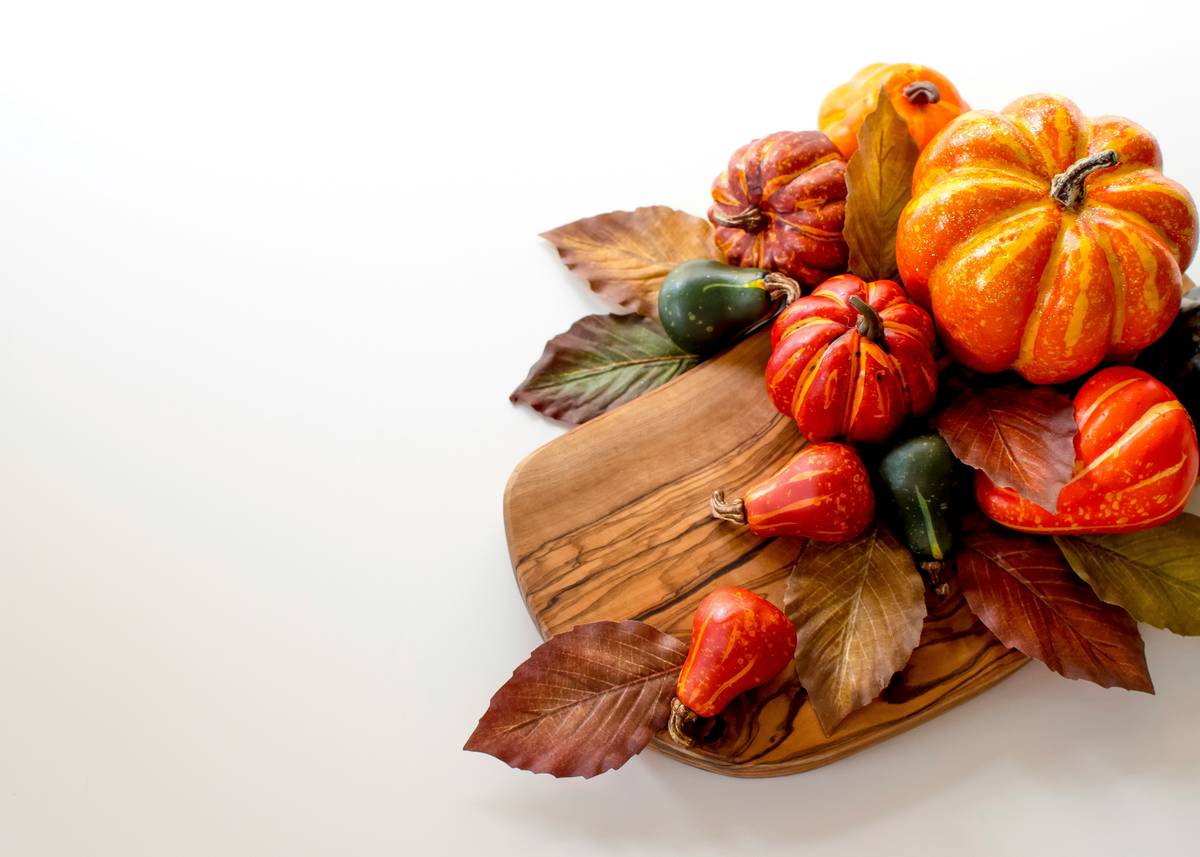
An infographic illustrating how diet impacts skin health.
Nutrients from organic vegetables like vitamin C, beta-carotene, and antioxidants play an active role in collagen production and inflammation reduction. These powerhouses nourish your body inside out—and guess what? They taste amazing when prepared correctly.
Optimist You: “Okay, so if I cook more veggies, I’ll look amazing!”
Grumpy You: “Sure, but only if you stop burning them first.”
Step-by-Step Guide to Healthy Vegetable Cooking
Step 1: Choosing Fresh, Organic Vegetables
Before we even touch a pot or pan, let’s talk sourcing. Buying locally grown, seasonal produce ensures maximum freshness and fewer pesticides. Farmers’ markets are your best friend here—they smell amazing too (hello, earthy beets).
Step 2: Prep Like a Pro
Cooking doesn’t have to mean hours spent chopping or hovering over pots. Try these time-saving tricks:
- Use pre-washed greens or frozen veggies for busy nights.
- Invest in a good-quality knife—it makes prep faster and safer.
Step 3: Choose Gentle Cooking Methods
Say goodbye to boiling away all the goodness! Instead, focus on gentle techniques:
- Roasting: Brings out natural sweetness in root vegetables like carrots and parsnips.
- Steaming: Preserves delicate vitamins in broccoli and spinach.
Pro Tips for Mastering Organic Veggies
- Flavor Boosters: Add herbs like basil or turmeric instead of heavy sauces.
- Mix Colors: A rainbow of veggies equals a wider range of nutrients.
- Avoid Overcooking: Steamed zucchini should still hold its vibrant green hue, not turn mushy brown. Trust me, no one wants that.
Rant Alert: Ugh, does anyone else hate recipes that claim “five minutes” while secretly requiring three extra sauces and two hours of prep? Low-key infuriating. Stick to simple. Keep it clean. No gimmicks needed.
Case Study: From Dull Skin to Radiance Through Cooking
Meet Sarah, a skincare enthusiast who tried everything under the sun (literally) without seeing results. She realized her diet was full of processed junk masking as convenience. After switching to nutrient-rich meals featuring leafy greens, roasted squash, and fermented kimchi, she saw dramatic improvements in just six weeks.
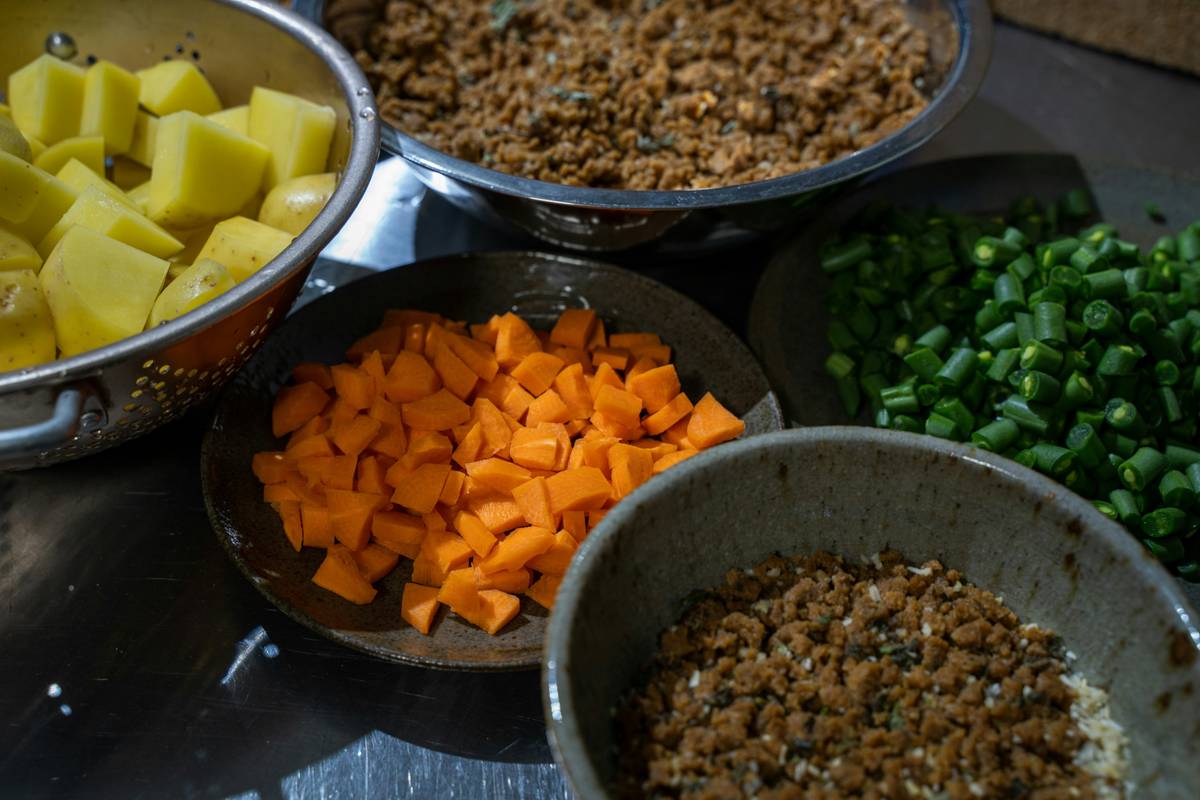
Sarah’s journey proves the magic of healthy vegetable cooking.
FAQs About Healthy Vegetable Cooking
Q: Can I use frozen vegetables?
A: Absolutely! Frozen veggies are often flash-frozen at peak freshness, locking in nutrients. Just steam or stir-fry lightly to avoid sogginess.
Q: Is it okay to add fats during cooking?
A: Yes! Healthy fats like olive oil or avocado help absorb fat-soluble vitamins (A, D, E, K). Think drizzle, not drown.
Q: What’s the WORST thing I can do to veggies?
A: *Overboiling*. This leaches water-soluble vitamins like B and C straight down the drain along with all flavor. Don’t do it. Please.
Conclusion
If there’s one takeaway today, it’s this: Healthy vegetable cooking isn’t just about feeding your stomach; it’s about fueling your skin. With smarter choices, simpler prep, and a sprinkle of creativity, you’ll feel better—and yes, look better—than ever before.
So grab those Brussels sprouts and a sheet pan—it’s go-time.
Like a sunny side up egg on avocado toast, sometimes life needs balance. Cheers to healthier living through delicious, nutrient-packed meals!
